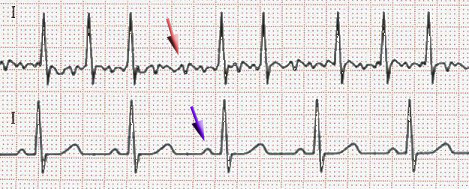Delay cord clamping for baby health, say experts
November 17th, 2011 by Jason
By Michelle Roberts
Health reporter, BBC News
Waiting a few minutes after delivery to cut the umbilical cord is best for a newborn’s health, research suggests.
Delaying cord clamping reduces the risk that the baby will have iron deficiency anaemia without substantial side effects, the authors told theBMJ.
The World Health Organization dropped early clamping from its guidelines some years ago.
But there are no formal guidelines for NHS staff about when the cord should be cut.
An audit a few years ago found many UK hospitals advocate early clamping, as soon as the baby is delivered.
Reproduced under licence from BBC News / BBC Health / bbc.co.uk – © 2011 BBC
Image by erwinkarim


